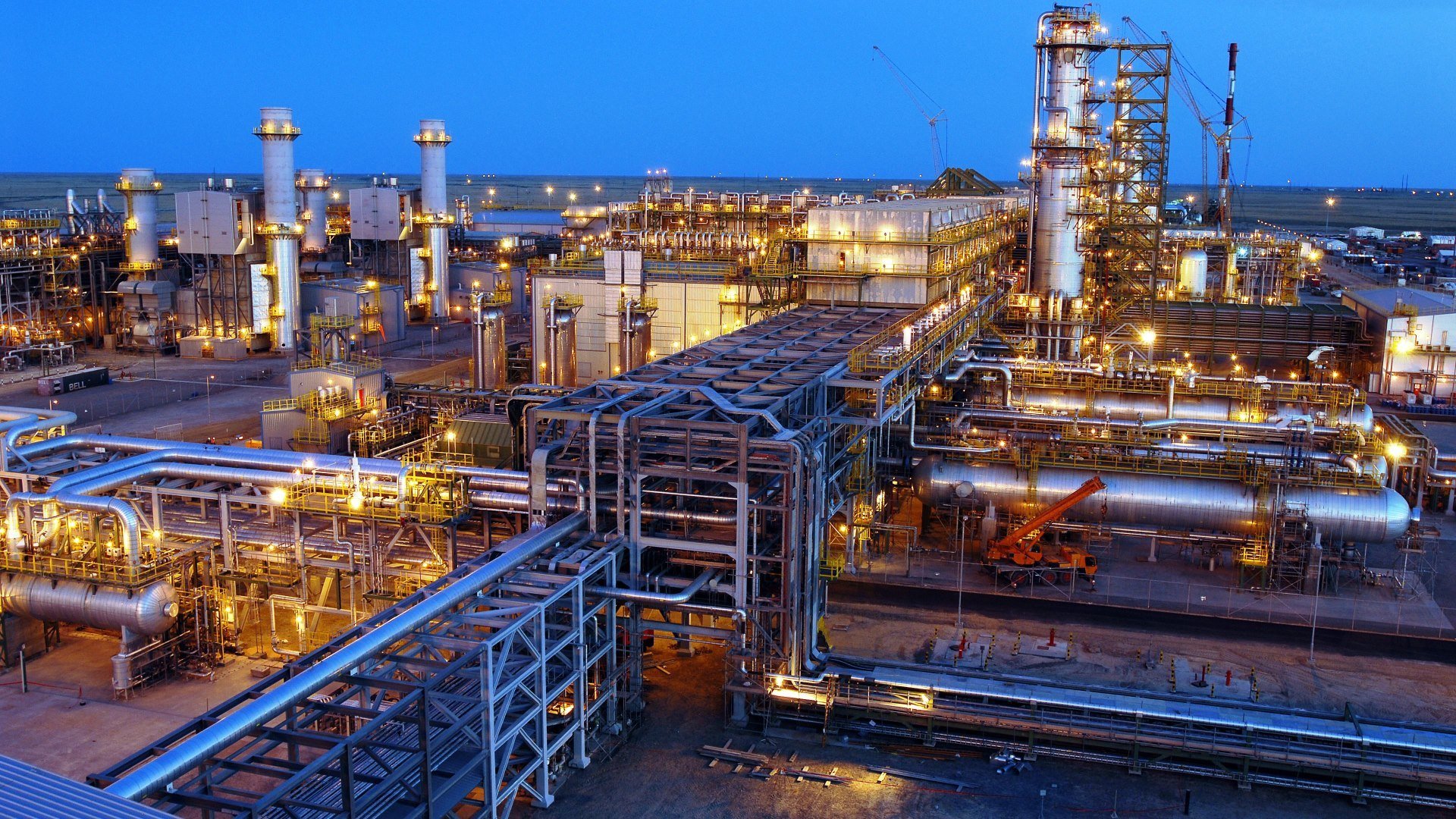Manufacturing industries are the backbone of many economies, playing a vital role in transforming raw materials into a vast array of finished goods. These industries encompass a diverse range of sectors, each with its own unique characteristics and contributions to society.
Key Sectors of Manufacturing:
- Automotive: This industry involves the production of vehicles, including cars, trucks, motorcycles, and buses. It encompasses a complex supply chain, involving numerous components and intricate manufacturing processes.
- Aerospace: This sector focuses on the design, development, and manufacturing of aircraft, spacecraft, and related components. It requires high levels of precision, advanced technology, and stringent safety regulations.
- Electronics: This rapidly evolving industry encompasses the production of a wide range of electronic devices, including computers, smartphones, televisions, and consumer electronics.
- Pharmaceutical: This critical sector focuses on the research, development, and manufacturing of pharmaceuticals and other medical products. It requires rigorous quality control and adherence to strict regulatory standards.
- Food and Beverage: This industry encompasses the production of a wide range of food and beverage products, from processed foods to beverages. It involves various processes, including food processing, packaging, and distribution.
The Importance of Manufacturing Industries:
- Economic Growth: Manufacturing industries are major contributors to economic growth, creating jobs, generating revenue, and driving innovation.
- Technological Advancement: These industries often drive technological advancements, leading to the development of new materials, processes, and technologies.
- Global Trade: Manufacturing industries play a crucial role in global trade, facilitating the exchange of goods and services across borders.
- Innovation and Development: Many manufacturing industries invest heavily in research and development, leading to the creation of new products and technologies that improve our lives.
Challenges and Opportunities:
- Global Competition: Intense competition from manufacturers in other countries, often with lower labor costs.
- Technological Disruption: The rapid pace of technological change requires continuous adaptation and investment in new technologies.
- Supply Chain Disruptions: Global supply chain disruptions, such as those caused by natural disasters or geopolitical events, can significantly impact production and profitability.
- Environmental Sustainability: Growing pressure to adopt sustainable manufacturing practices, reduce environmental impact, and minimize waste.
- Skilled Labor Shortages: A shortage of skilled workers with the necessary expertise in areas such as automation, robotics, and advanced manufacturing technologies.
Manufacturing industries are vital to the functioning of modern economies. By embracing innovation, adapting to changing market demands, and addressing the challenges of the 21st century, these industries will continue to play a crucial role in shaping the future of our world.

